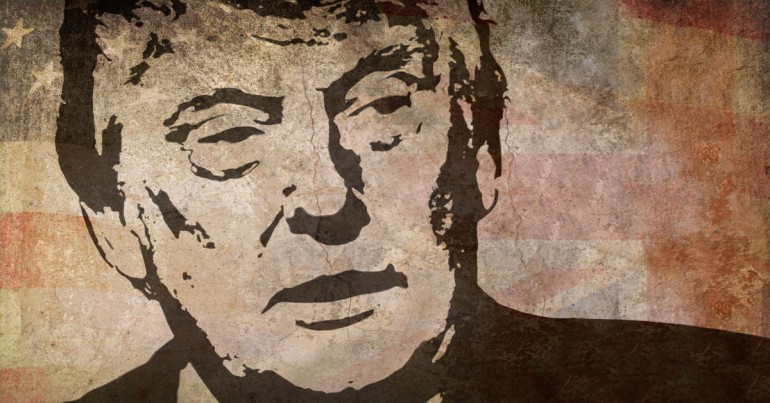
Trump, Brexit; Brexit, Trump
Trump
Rather than simply waiting for Donald Trump to drop the other shoe, investors are beginning to wonder if the new president has bought out Jimmy Choo.
What began as enthusiasm for his tax and spending plans for some has now evolved into nervousness about his unpredictability. Although investors still believe he will get around to delivering those tax cuts and infrastructure investments, so far they have seen the Mexican wall, the imposition of a ban on Muslims entering the country and the firing of the attorney general for opposing that ban.
Brexit
The British prime minister’s visit last week was closely followed by the announcement of that travel ban, leaving Theresa May, to an extent, guilty by association. That sentiment was unhelpful to sterling, the more so because it was accompanied by the news that the European Union (Notification of Withdrawal) Bill would be put before the House of Commons this week.
Sterling appeared confident ahead of Ms May’s meeting with Mr Trump: since then it has been looking somewhat shaky.
Trump 0 – 0 Brexit
For sterling against the US dollar the week resulted in a no-score draw. The two were unchanged against one another and also, on average, against the other ten most actively-traded currencies.
Gross domestic product data from Britain and the States were also quite evenly matched. Fourth quarter economic growth for the US came in at a provisional 0.5% while in Britain it was 0.6%. The UK number was a smidgen better than forecast; the US one was fractionally worse.
Leaders
The Canadian dollar delivered the best performance, strengthening by 1% against the pound. A large part of its success was due to one of Mr Trump’s executive orders, this one to restart the Keystone XL pipeline from the oil sands in Alberta to the Texas coast.
Not far behind, with a gain of 0.8%, was the New Zealand dollar. The draw here was a sharp pickup in NZ inflation, which accelerated from 0.3% to 1.4% in the last quarter of 2016. Australian inflation was a touch higher than that at 1.5% but because the number was lower than forecast it did not have the same pulling power
Laggards
South Africa’s rand took a hit from the rumour that Jacob Zuma was planning a cull of cabinet ministers who opposed his presidency. It lost nine cents on the week, a decline of -0.6%.
The euro and the Japanese yen were both down by -0.5% on the week. It cost the euro two thirds of a cent.
Supreme Court news
Downing Street will not be allowed to govern by fiat. The Supreme Court has decreed that both houses of parliament must approve the activation of Article 50, the protocol by which Britain will leave the European Union.
That judgment does not extend to the devolved assemblies. Scotland will have to do whatever Westminster decides, despite having voted 62-38 to remain in the EU. There is therefore an increased risk of a second independence referendum if the SNP takes exception to being forced out of the EUby the English and the Welsh.
The good news
The words and actions of Mr Trump have unsettled financial markets. Investors are at a loss to know whether the grenades he has been lobbing are part of a cunningly-thought-out strategy or signify some kind of stream-of-consciousness policy-making that could go on for another four years. Neither possibility appeals to them.
The bad news
If and when Mr Trump gets around to ordering tax cuts and infrastructure projects investors will be able to refocus on the advantages of his presidency. Both situations will affect the dollar.
Sarah, Senior Account Manager at Moneycorp
Moneycorp is one of the largest international payment companies supporting over 90 currencies. Last year Moneycorp traded over £22.6 billion worth of international money transfers. Find out how Moneycorp can help you with your international transfer here.





